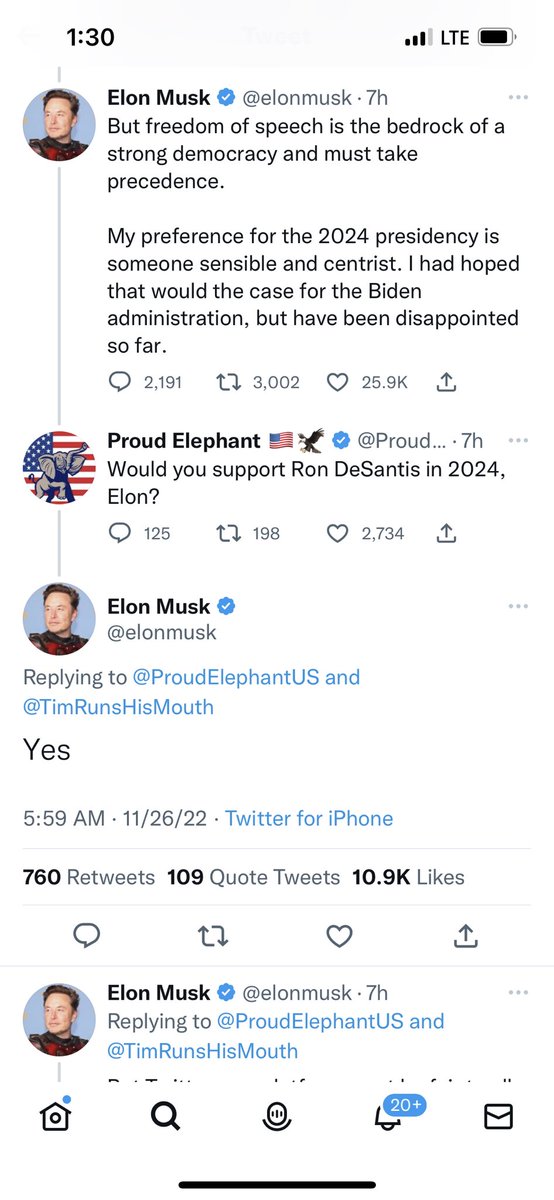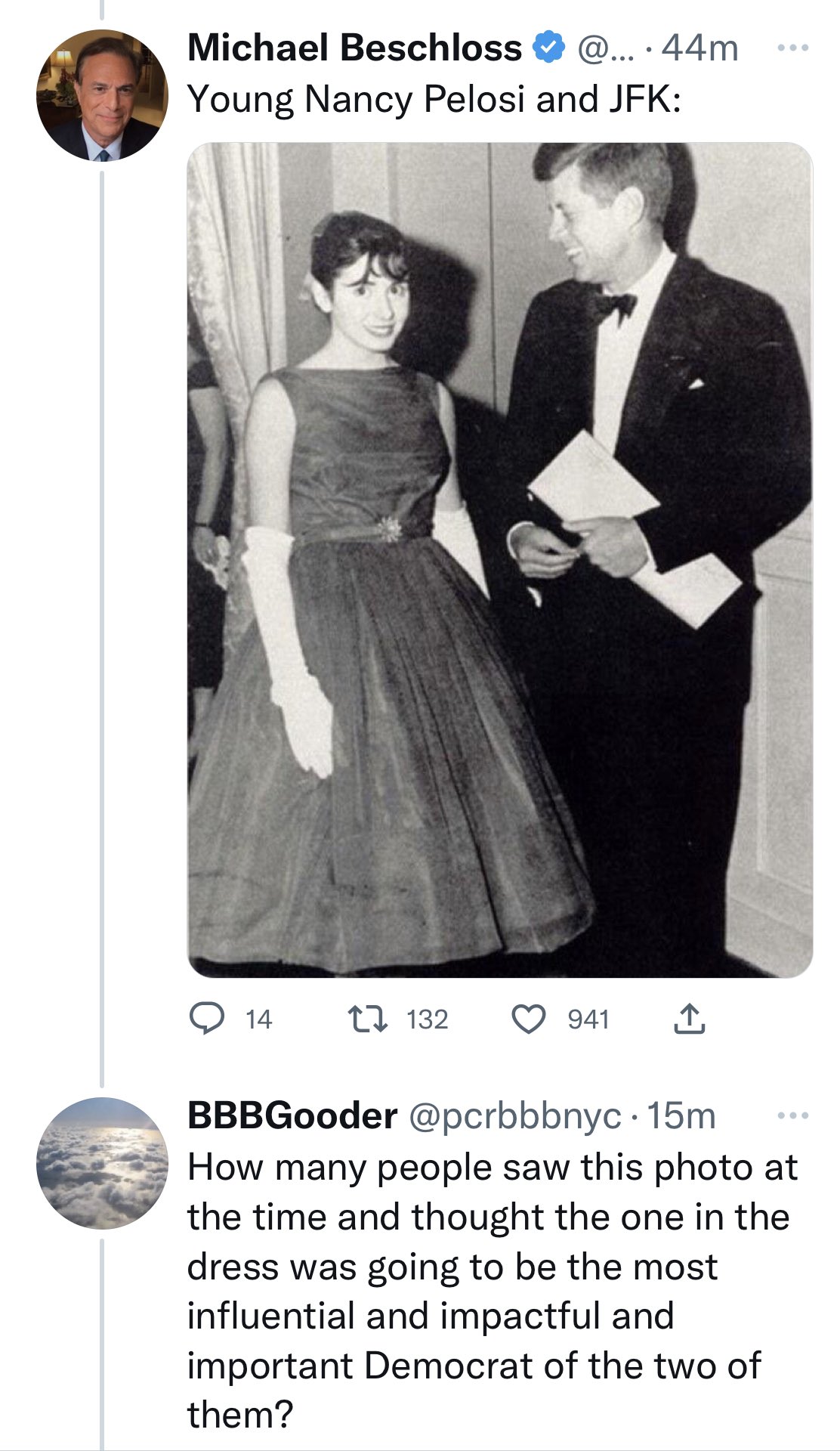This is Joseph.
These are some recent elections in Arizona that I think give context to a recent announcement on the part of a senator:
2022 Senate
Democratic Mark Kelly 1,322,026 51.40
Republican Blake Masters 1,196,308 46.51
2022 Governor
Democratic Katie Hobbs 1,287,890 50.33
Republican Kari Lake 1,270,774 49.67
2020 Senate
Democratic Mark Kelly 1,716,467 51.16%
Republican Martha McSally 1,637,661 48.81%
2018 Senate
Democratic Kyrsten Sinema 1,191,100 49.96%
Republican Martha McSally 1,135,200 47.61%
Presidential election margins
2016 R + 7
2020 D + 0.3
Now the best comparison is not Bernie Sanders or Angus King, who are rarely making headlines by fighting with the democratic party but instead tend to vote with the party. But the real comparison is Joe Manchin, who often visibly bucks key priorities.
A few numbers from West Virginia
2018 Senate
Democratic Joe Manchin (incumbent) 290,510 49.57%
Republican Patrick Morrisey 271,113 46.26%
Libertarian Rusty Hollen 24,411 4.17%
2020 Governor
Republican Jim Justice 497,944 63.49%
Democratic Ben Salango 237,024 30.22%
Libertarian Erika Kolenich 22,527
2020 Senate
Republican Shelley Moore Capito 547,454 70.28%
Democratic Paula Jean Swearengin 210,309 27.00%
Presidential election margins
2016 R + 13
2020 R + 38
These margins make for a very different electoral landscape. It is not at all clear that anybody could hold West Virginia as a Democrat. If Joe Manchin went independent there would be a really interesting political calculation as to what to do. But, as it is, he is a member of the party in a state that is hard to imagine anyone else winning.
But there is no real evidence that Arizona is not competitive. Since the first breakthrough, there have been two senatorial elections, a gubernatorial election, and a presidential election that have gone to the Democrats. This is much better than Georgia, for example, where the ticket is clearly splitting. Now you might see this as a spoiler play -- let her stay or she'll sink the race but look at her approval ratings in Arizona. At the moment, she is -72 (8% favorable) among Democrats and +19 (44% favorable) among republicans according to these polls and actually at 5% approval among Democrats in these. Meanwhile Mark Kelly is around 90% approval.
Now there might be some sort of backroom deal here but it would involve the federal party completely. Look at the op-ed she published as to why she left:
In catering to the fringes, neither party has demonstrated much tolerance for diversity of thought. Bipartisan compromise is seen as a rarely acceptable last resort, rather than the best way to achieve lasting progress. Payback against the opposition party has replaced thoughtful legislating.
Americans are told that we have only two choices – Democrat or Republican – and that we must subscribe wholesale to policy views the parties hold, views that have been pulled further and further toward the extremes.
Hidden beneath a "both sides narrative" is a clear attack on her party. How do you motivate people to canvas for or campaign for her? She'd have a better chance keeping the Republicans out of the race but that is the other danger with Arizona -- the last presidential and gubernatorial races showed that this is a beatable margin for an popular Republican candidate. Why would they not go for it?
Maybe this move is hidden genius but, sometimes, when you can't see the upside there really isn't one and you are just watching desperation.







